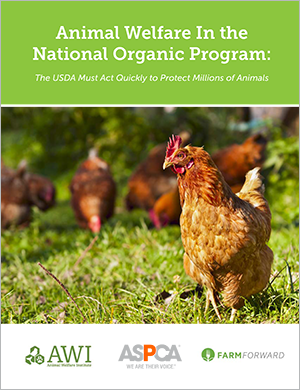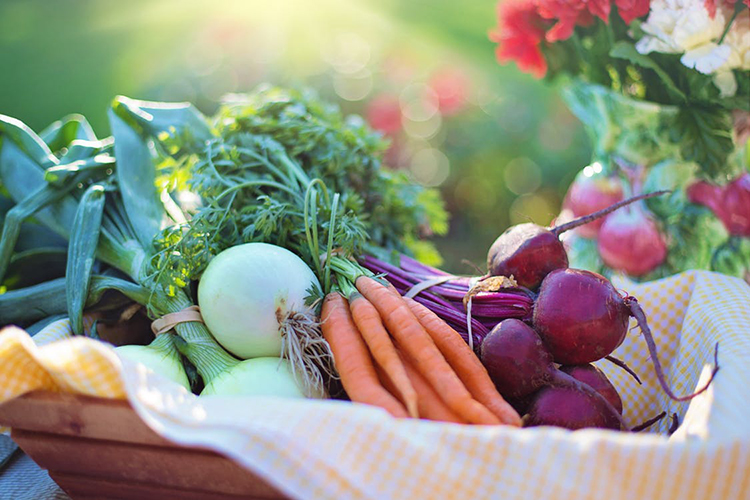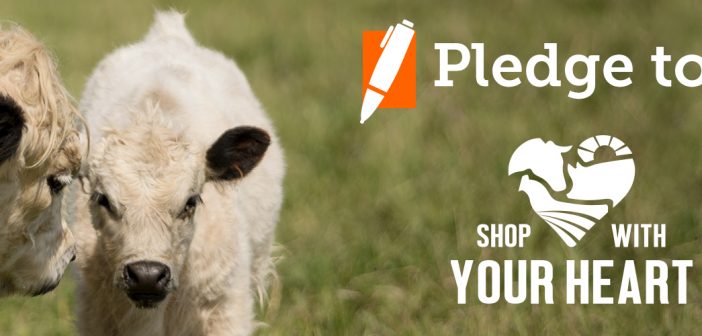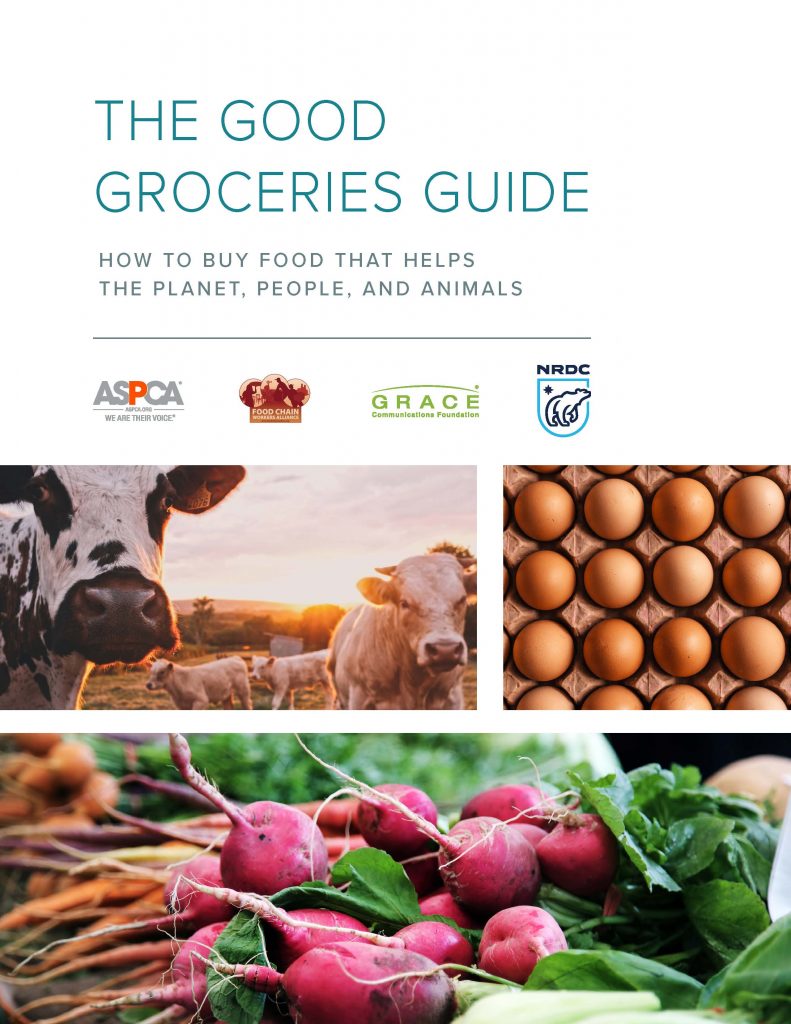When you have a family eating healthy from humane sources can seem like a stretch – kids in school, big homework projects, monthly activities, running a business – it can all get away from you sometimes. But regardless of how busy you are, it is so important to know what you’re putting in the food you feed your family.
We found out recently that one of my kids has a wide array of allergies to farm animals. We were spending the day as a family at one of the local farms this past fall and he had a weird reaction after being close to the horses. So, we decided to have him tested. He is, of course, disappointed!
Regardless of allergies – we love animals of all kids. It is important to us that all animals are treated in a humane and fair way. Unfortunately, this is not always the case, and most of the time we probably do not even realize it.

And let’s talk about food labels for a minute. It used to be clear when you picked up a product if it was good for you or just plain unhealthy. But food labels today have really muddied the water. You can look on any aisle in a grocery store and see something you clearly know has some questionable ingredients but on the outside, it says “Gluten Free.”
So – how do we keep our families as healthy as possible without losing our minds? Here are some tips from the ASPCA to help you put your best foot forward for your family.

- Eat Seasonally – Eating foods in season means that you’re able to buy from a more local economy and avoid having your food ship from other countries. This means fresher foods picked at peak ripeness too!
- Shop Locally – CSA’s and local farmers’ markets help support local, often smaller scale, farmers and ranchers who are producing outside of the traditional factory-farm system. If you aren’t sure where to start, visit your local farmers’ market and start asking some question – this guide will get you started. https://www.aspca.org/shopwithyourheart/consumer-resources/how-shop-farmers-market
- Conquer Labeling Confusion – Marketers create confusion with their flashy labels and clever catch-phrases. But unfortunately, sometimes they care more about finances than transparency. Words like “natural” or “humane” often don’t have any oversight to actually tell you as a consumer anything concrete. However, some phrases and labels do have regulations associated with their use, and that’s what you can start to look for as a savvy shopper. Here’s a guide to labeling to get you started. https://www.aspca.org/shopwithyourheart/consumer-resources/meat-eggs-and-dairy-label-guide
- Be Careful to Minimize Waste – One of the ways we can treat the animals used for food respectfully and humanely is by making the most of the food we purchase. Purchase only what you know you’ll use and serve the right sized portions to avoid wasting what your family buys. https://www.aspca.org/sites/default/files/the_good_groceries_guide_final_version.pdf
- Look for Certifications That Mean Something – Unlike marketing gimmicks, there are certain certifications and awards that have true meaning. For example, the USDA Organic label shows that the produce grown (or fed to the animal) didn’t use banned pesticides. Others include Animal Welfare Approved or Certified Humane
See The Good Groceries Guide for more information about how our shopping habits impact the lives of those around us – animals included.
Find more resources for savvy shoppers on how to eat a more humane and healthy menu at the ASCPA Shop With Your Heart website!
And don’t forget to enter to win some fun items from the ASPCA!






Very useful article. Thanks
There is so beautiful game.
I think minimizing food wastage is something everyone should chase for. These tips have included some good information and lessons too.
I totally agree to not kill animals just for our taste.
You may never know how they are treated :/
Nice article. Keep up the good work, you rock.!!!!
I think this is very interesting